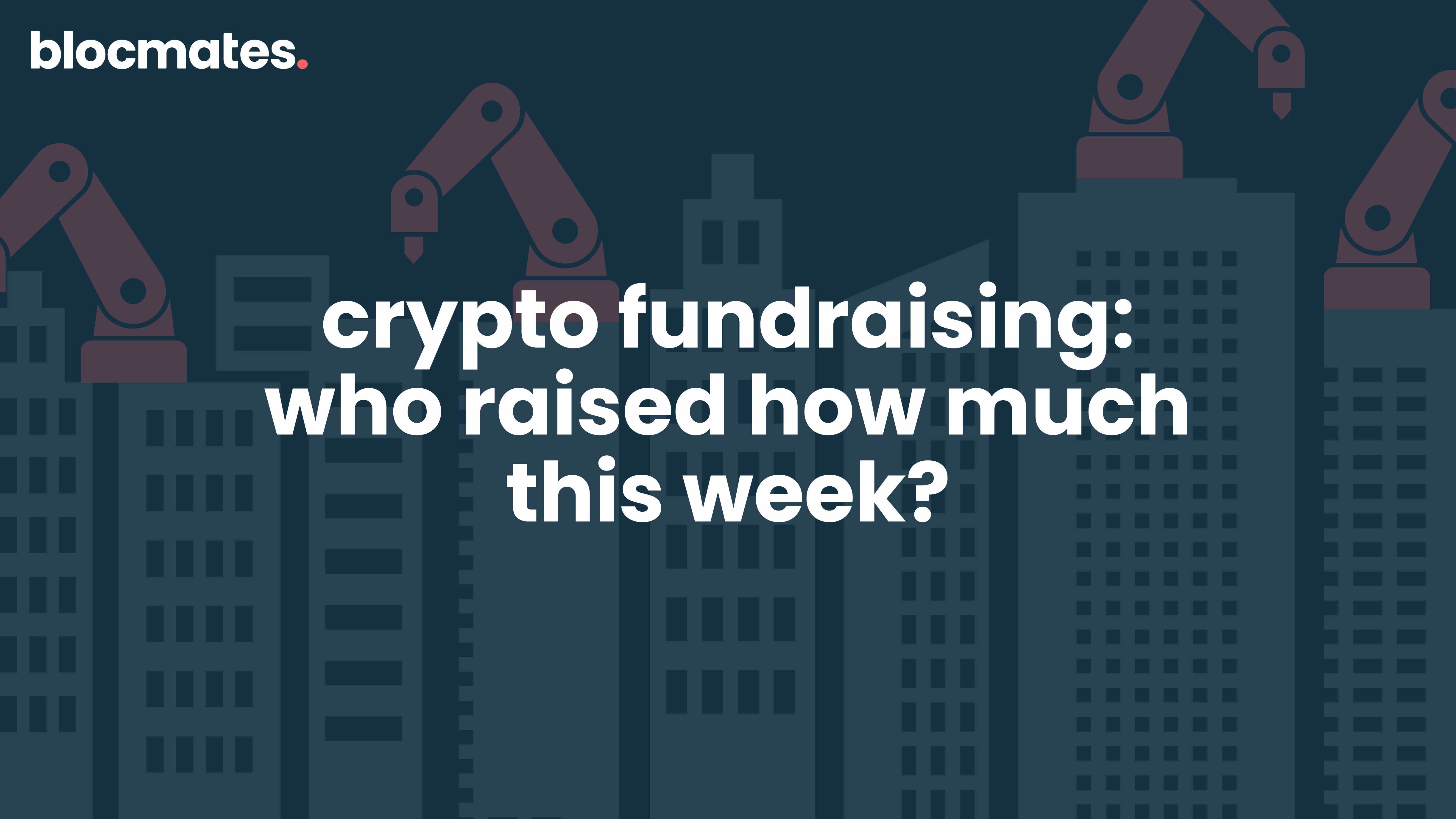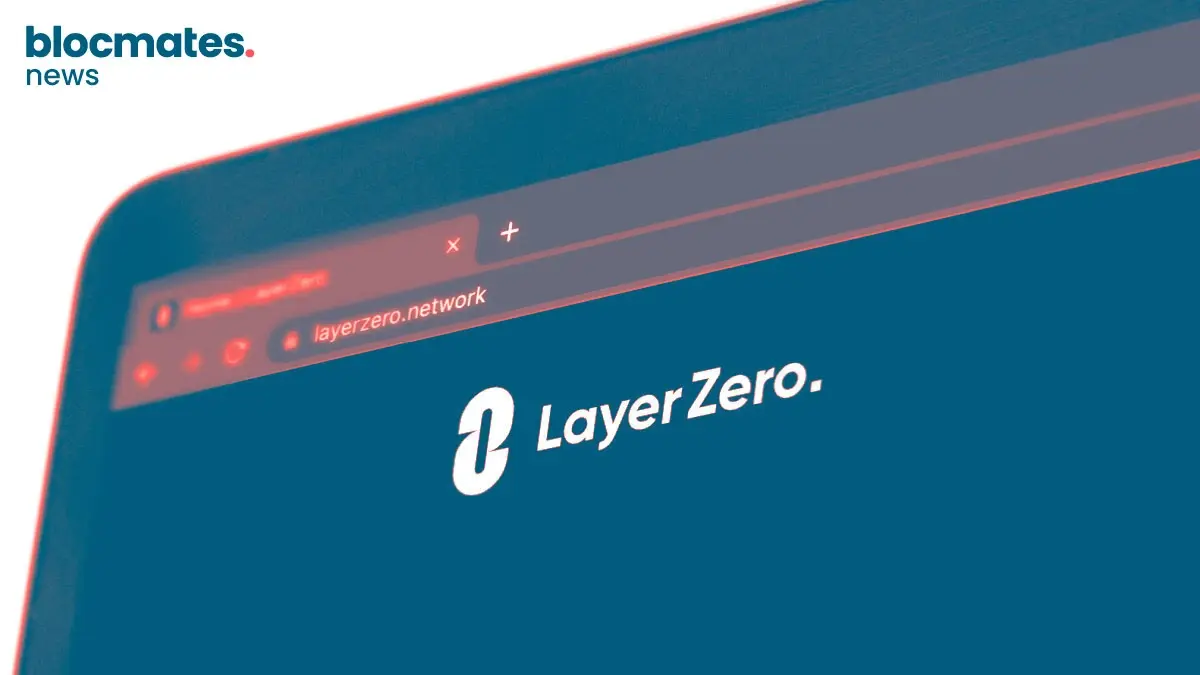Stephen Akridge, co-founder of Solana, faces a lawsuit from his ex-wife Elisa Rossi, accusing him of secretly profiting from millions in SOL staking rewards that she claims rightfully belong to her.
Background
- Stephen Akridge, co-founder of Solana and former principal engineer at Solana Labs, is being sued by his ex-wife Elisa Rossi in a case filed on December 24 in San Francisco’s Superior Court
- Rossi alleges that Akridge earned millions of dollars in SOL staking rewards from tokens she claims are hers, without her knowledge or consent
- According to the lawsuit, their March divorce agreement divided ownership of SOL tokens. However, Rossi claims Akridge used his technical expertise to retain control over her tokens while continuing to collect staking rewards
- Rossi alleges that Akridge gave her wallet authority over three accounts containing SOL tokens but maintained control that allowed him to continue staking her assets
- The exact number of SOL tokens and the total value allegedly misappropriated remain redacted in the lawsuit, though references suggest the sum is significantly higher than $25,000
Why should you pay attention?
- Legal Precedent: This lawsuit could set a significant precedent for how digital assets, particularly staking rewards, are handled in divorce settlements and legal disputes
- High-Value Dispute: Millions of dollars in staking rewards are at the center of this legal battle, highlighting the substantial financial stakes involved in blockchain-based assets
- Trust and Transparency: The case highlights the importance of trust and transparency in managing digital assets, especially in complex legal agreements like divorce settlements
- Growing Scrutiny on Crypto Divorce Cases: With digital assets becoming more mainstream, disputes over cryptocurrency holdings are likely to become more common in legal proceedings
Who said what?
- Elisa Rossi, in her complaint:
“During the period from when the MOU was signed until Ms. Rossi uncovered the scheme, Mr. Akridge wrongfully collected and converted the staking rewards”
- On Akridge’s alleged response to Rossi’s requests, the filing wrote:
“Mr. Akridge fastidiously refused to respond to Ms. Rossi’s written inquiries, instead choosing to call her, confront her in person, or ignore her in turn. Mr. Akridge made clear he had no interest in returning Ms. Rossi’s staking rewards to her, at one point laughing in her face and saying, “good luck getting those staking rewards from me”
- The filing also mentioned:
“Despite multiple requests from Ms. Rossi, to date, Mr. Akridge has not returned to Ms. Rossi the staking rewards earned on Ms. Rossi’s SOL tokens from March 6, 2024 through May 13, 2024”
Zooming out
- The lawsuit shines a spotlight on the complex legal landscape of digital assets, particularly in scenarios like divorce settlements where cryptocurrency holdings and rewards are involved
- As staking becomes an increasingly common way to earn passive income in crypto ecosystems, disputes over staking rewards are likely to surface more frequently in legal systems worldwide
- The outcome of this case may influence how future legal agreements involving digital assets are drafted and enforced, setting a precedent for transparency and control

































































%202.webp)


.webp)

.webp)
.webp)
.webp)


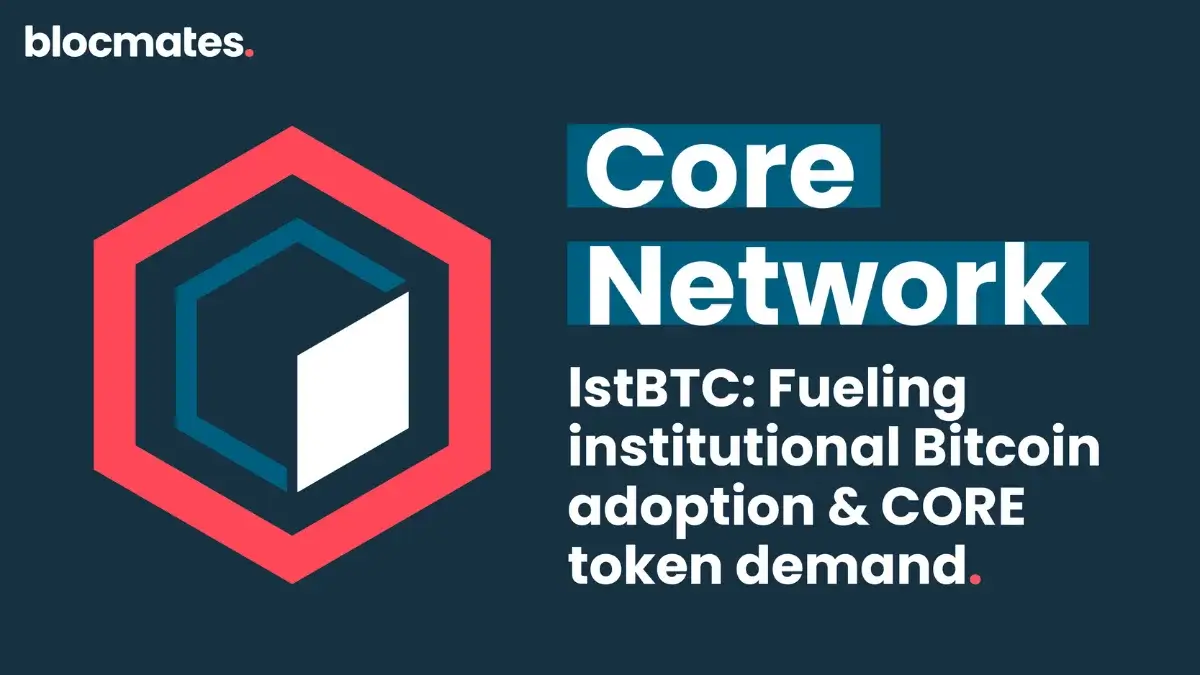
.webp)

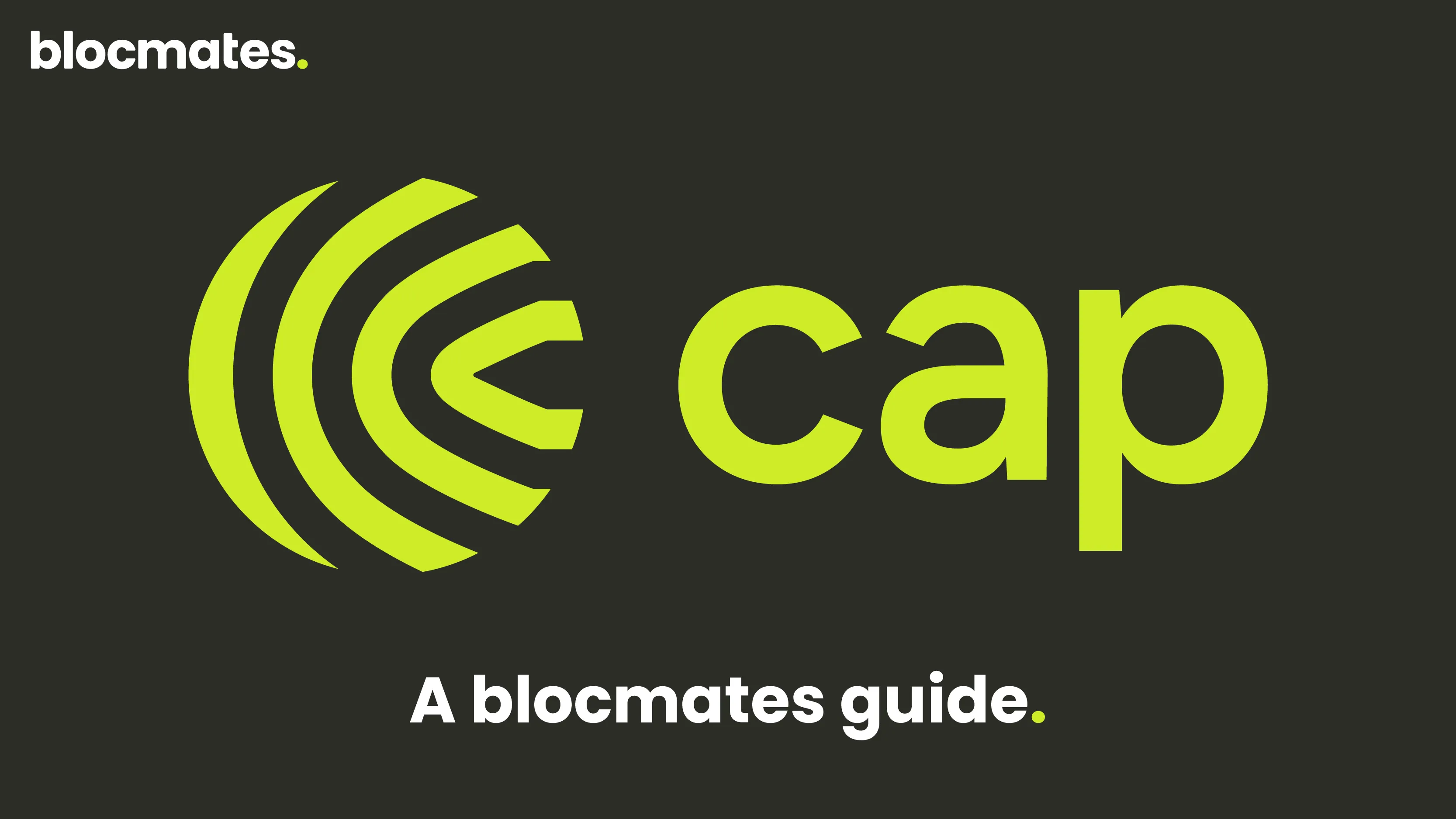










%20the%20Next%20Big%20Unlock%20in%20AI.webp)








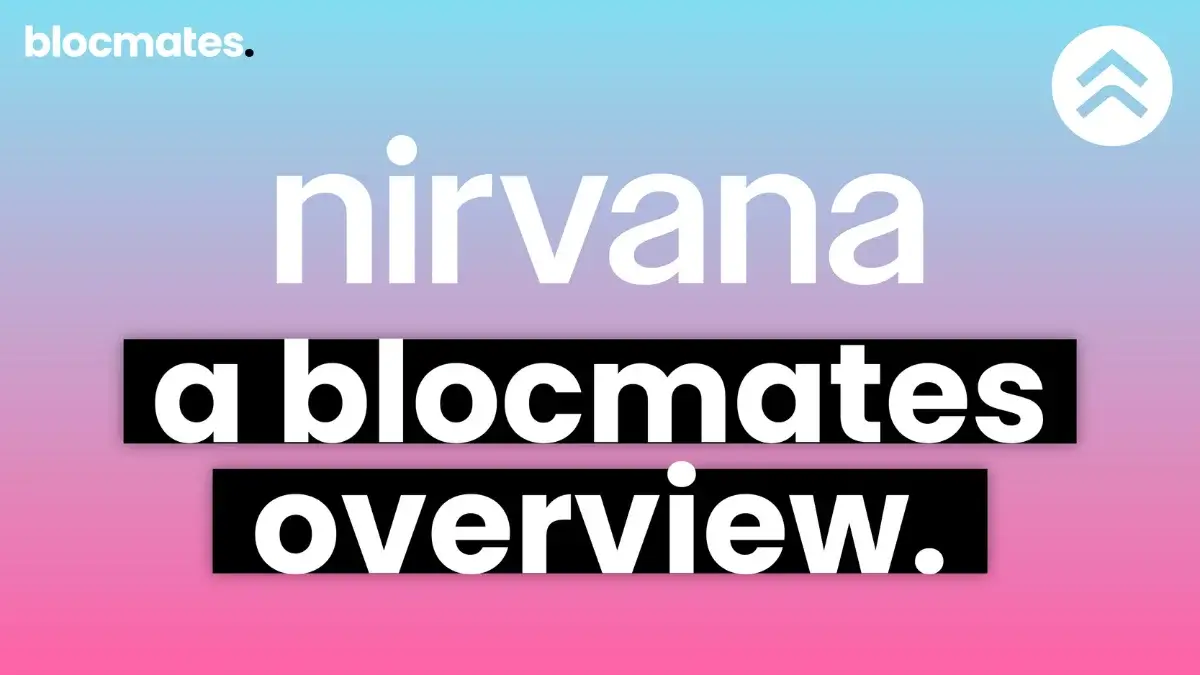










.webp)
.webp)

.webp)
.webp)
.webp)


.webp)
.webp)










.webp)


.webp)









.webp)







.webp)




.webp)






.webp)



.webp)

















.webp)

.webp)


.webp)








.webp)





.webp)


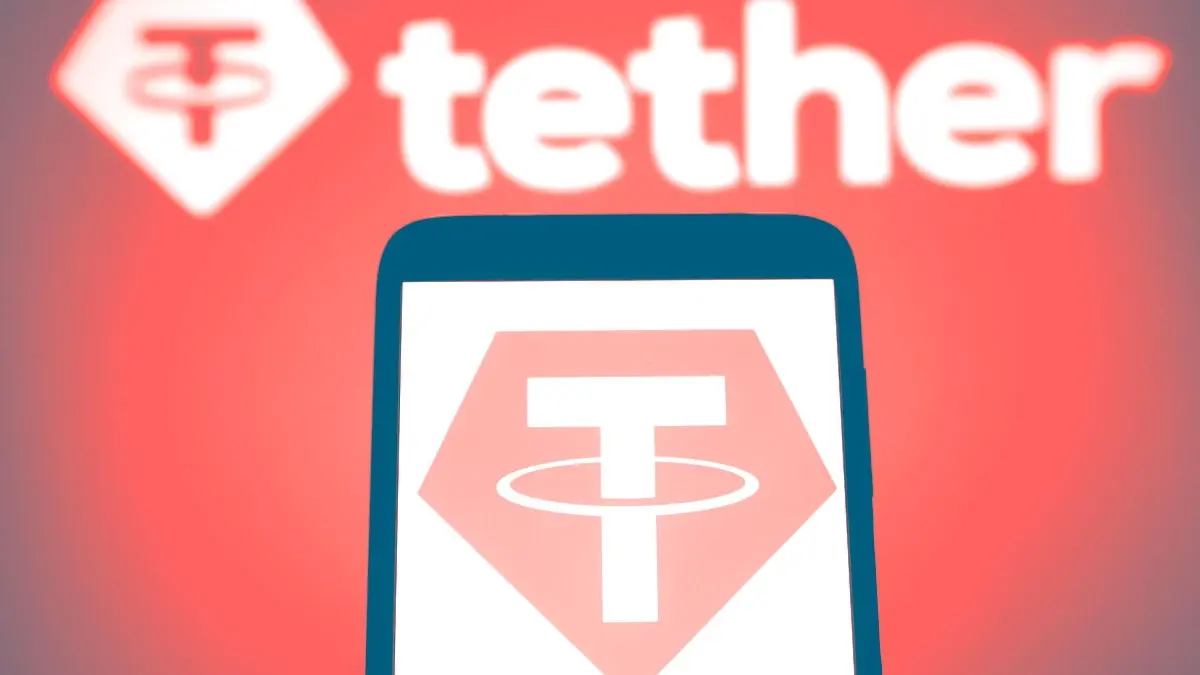






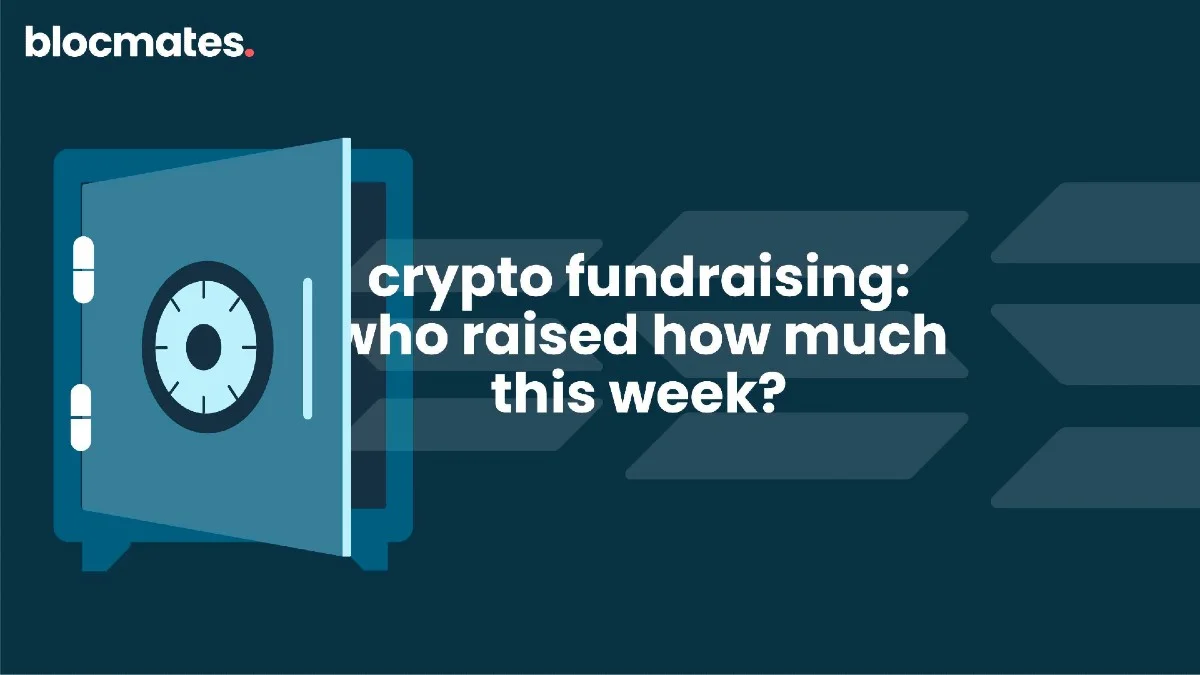


.webp)






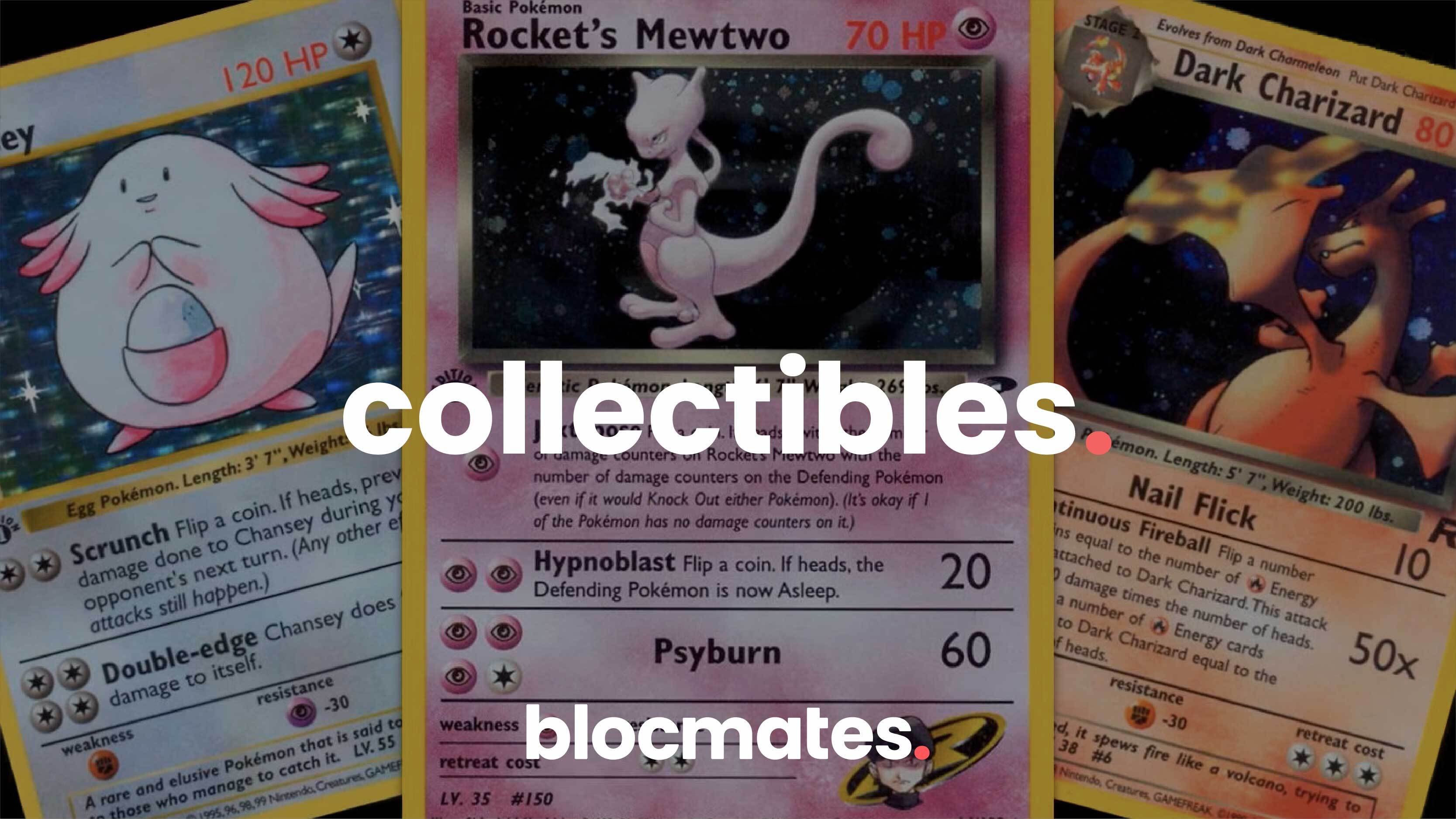



.webp)






.webp)
.webp)
